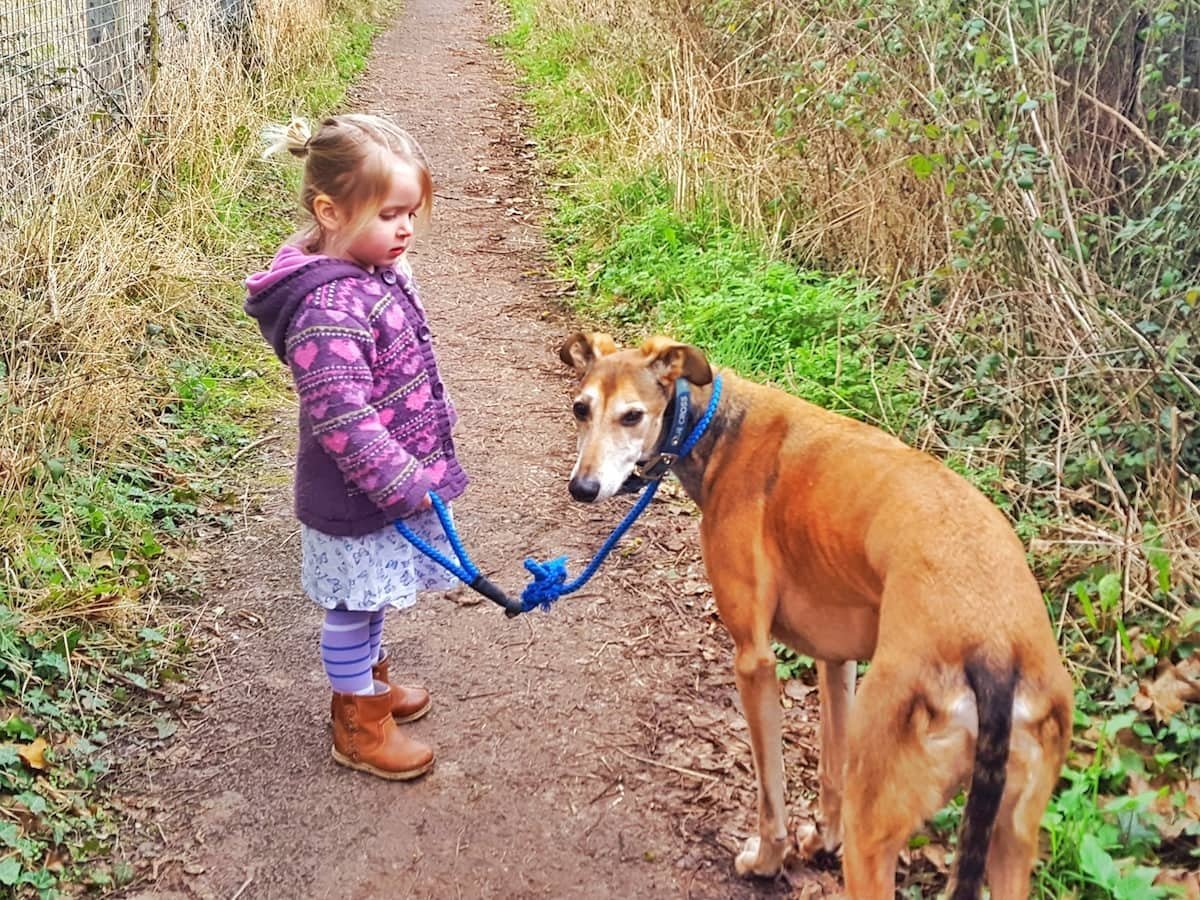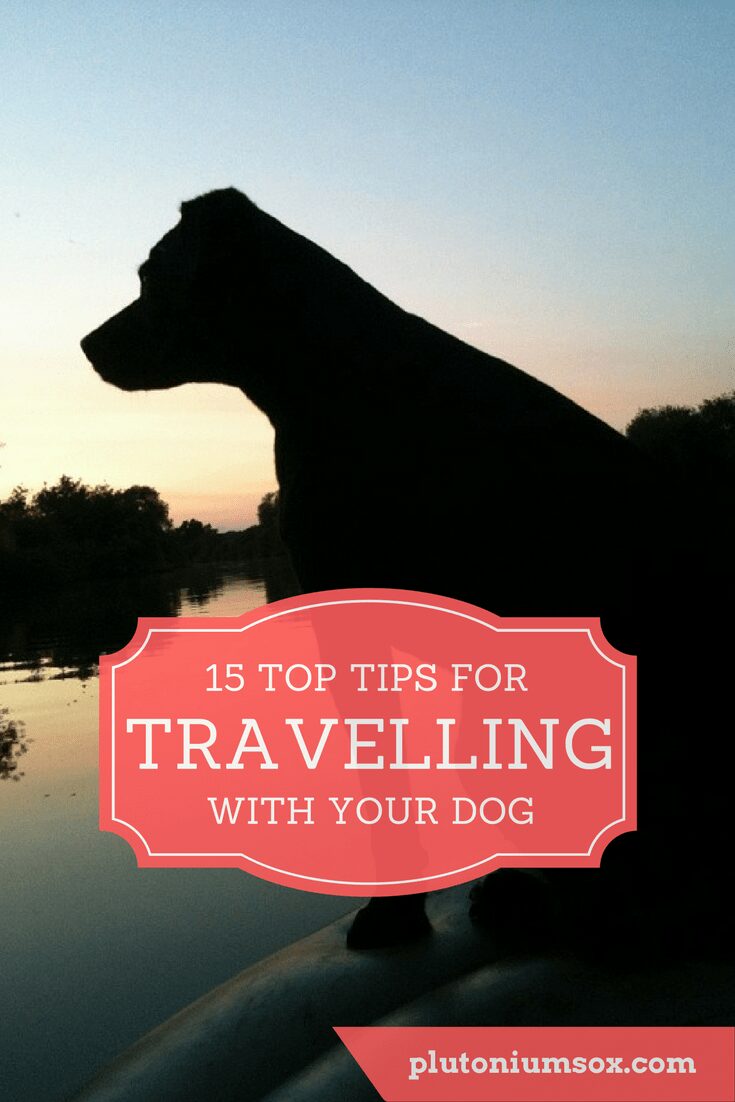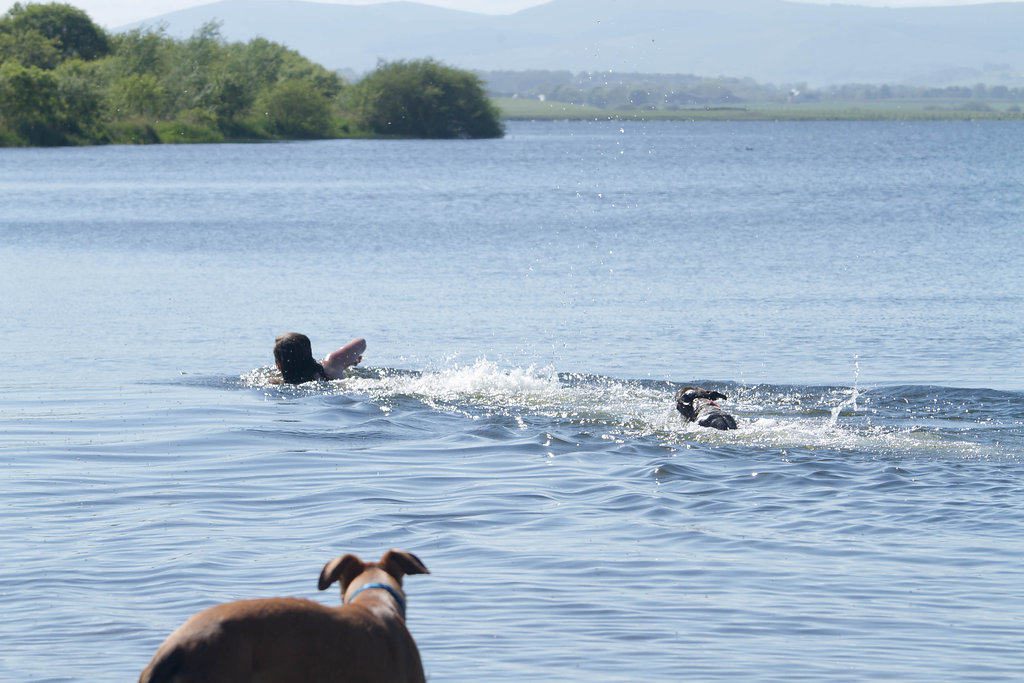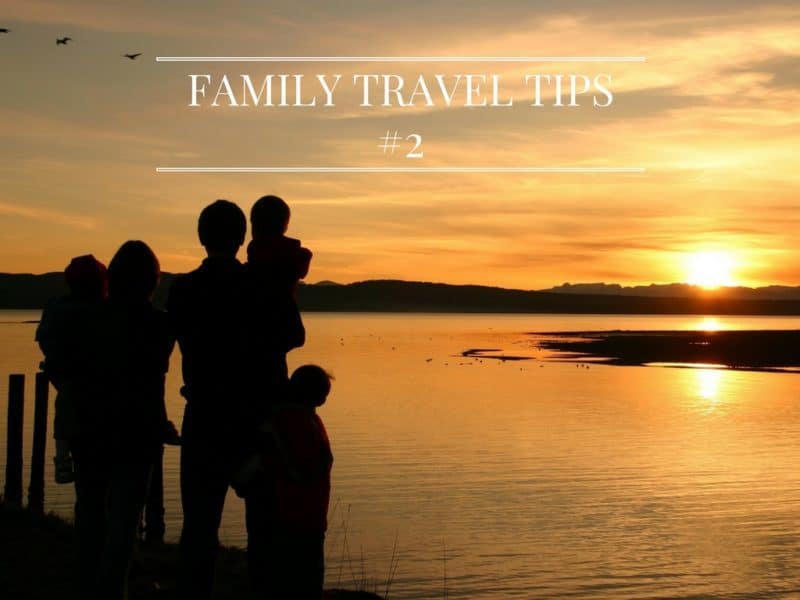15 tips for holidaying with your dog
If we go on holiday in the UK, we want to bring the dogs with us. As soon as we get a camper van, they’ll be going abroad with us too. Not just because of the inconvenience of finding someone we trust to look after them, but because they’re part of the family.
There is a quote I love from John Grogan who wrote the book Marley and Me. He says, “Such short little lives our pets have to spend with us, and they spend most of it waiting for us to come home each day.” Luckily these days, there are loads of places to stay and days out that are dog friendly. So why wouldn’t you take your dog on holiday? Here are a few tips for making the most of a holiday with your pooch.
1. Research your destination
Sadly, not all destinations are equal when it comes to welcoming dogs. It’s so much easier when the whole area seems to share your love of your pet. Dog friendly beaches, restaurants and hotels. Attractions that allow dogs or at least have kennels for them to stay in safely.
We visited the Isle of Wight a couple of years ago and I found it to be incredibly dog friendly. Being able to bring dogs into attractions made days out so much more pleasant. There were lots of dog friendly beaches where the dogs could swim in the sea with us. Many restaurants welcomed dogs and they even get to travel free on the ferry.
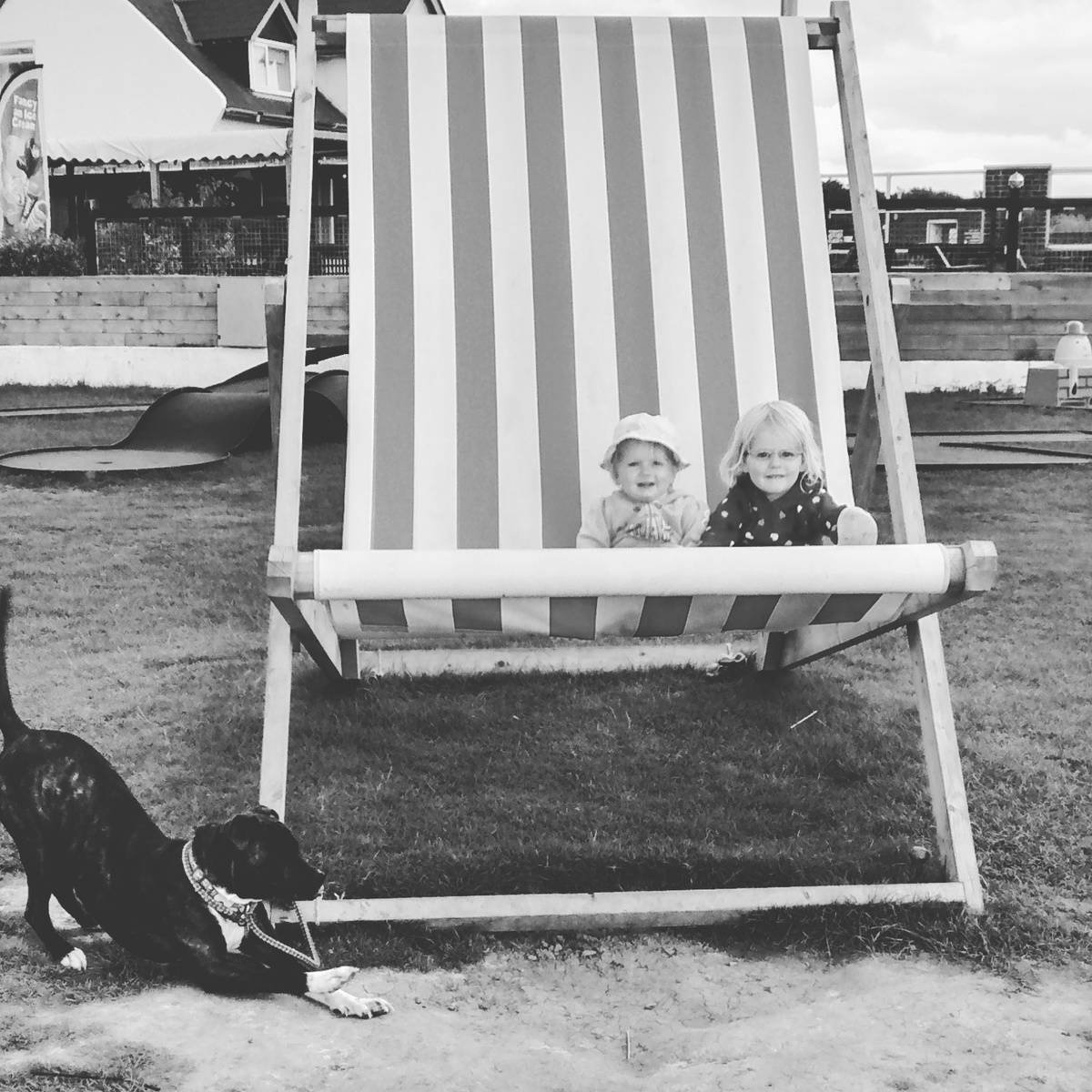
2. Don’t forget their home comforts
I often read about how you should make children feel at home on holiday as much as possible. Well call me soft but I think the same applies to dogs. If you have space in the car, bring their favourite bed and even a toy. Bring their usual food and don’t forget dog coats if you’re camping. Even in the summer, our two get chilly in the tent at night without their coats on. Of course, they’ll want them if it rains too.
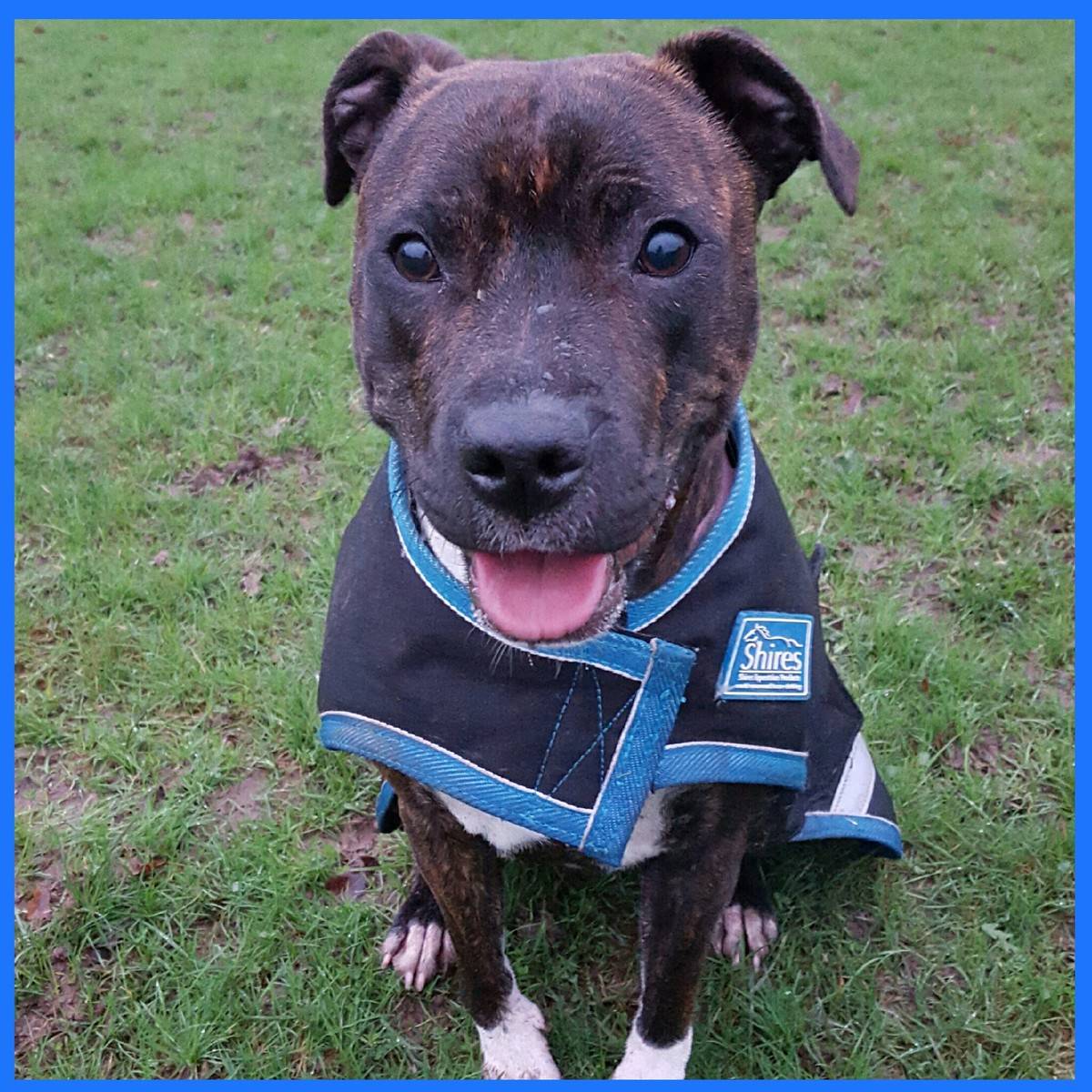
3. Try a dog friendly travel agent
If it seems a bit difficult researching every aspect of your holiday, let someone else do it for you. Believe it or not, there is a travel agent dedicated to dogs. Pets Pyjamas offer various types of dog friendly breaks. From canine fine dining to hidden gems, they will offer you inspiration as well as help with booking the perfect retreat. I love the look of the Red Kite Barn in Powys. Photo courtesy of Pets Pyjamas.

4. Camping
A large proportion of campsites tend to welcome dogs and for me, camping is the perfect canine friendly holiday. It encourages us to spend more time outdoors, getting in touch with nature and being active. And there’s nothing dogs love more than getting outside and being with the family. When I’m choosing a campsite, I look for more than just the fact that dogs are allowed.
I want to know that there is somewhere to walk them and that they’ll be allowed to eat with us if there is an on-site restaurant. I also look for days out nearby that will welcome them. If we’re staying near the coast, I make sure there are a selection of dog-friendly beaches, not just one or two. A local pub that will let us eat and drink with the dogs is pretty essential to me as well.
5. Don’t rule out luxury
I’ve been pleasantly surprised lately to see more luxury hotels embracing dog friendly rooms. A few years ago, we ate at The Wild Rabbit – an upmarket hotel and restaurant in the Cotswolds. When we were shown around the accommodation, I was pleased to see that there were several dog friendly rooms. I’ve looked at their website today though and it’s not clear which rooms are dog friendly, so I’d advise phoning them before you book.
The Riverbarn near Salisbury is another upmarket establishment that is dog friendly. It is described as a ‘restaurant with rooms’. The food looks excellent and they can accommodate canine family members too. Photo courtesy of The Riverbarn.

6. Vaccinate your dog
If you want to travel abroad with your dog, you’ll need to get them vaccinated. The same applies if you intend to go away without them as they’ll need vaccinations to be allowed in kennels. But it’s just as important if you’re taking them on holiday with you in the UK. Vaccinations will be essential if you need to find kennels for your dog to stay in for the day so you can visit an attraction that won’t allow them in.
7. Look for unusual days out with dogs
I like to look at an area we’re travelling to and find out what we can do with the dogs that is a little outside of the ordinary. In Scotland, we took them swimming in Loch Leven. One of my favourite local days out is Eastnor Castle, where dogs are welcome inside the castle as well as in the grounds. This Easter we’ll be taking the dogs to ride on Thomas the tank engine and a few years ago, the dogs came with us to the Cotswold Wildlife Park. This taught us that Pluto really isn’t keen on lions and Soxa found armadillos confusing. For more ideas, head to Tin Box Traveller, a family travel blog that often features dog friendly travel and days out.
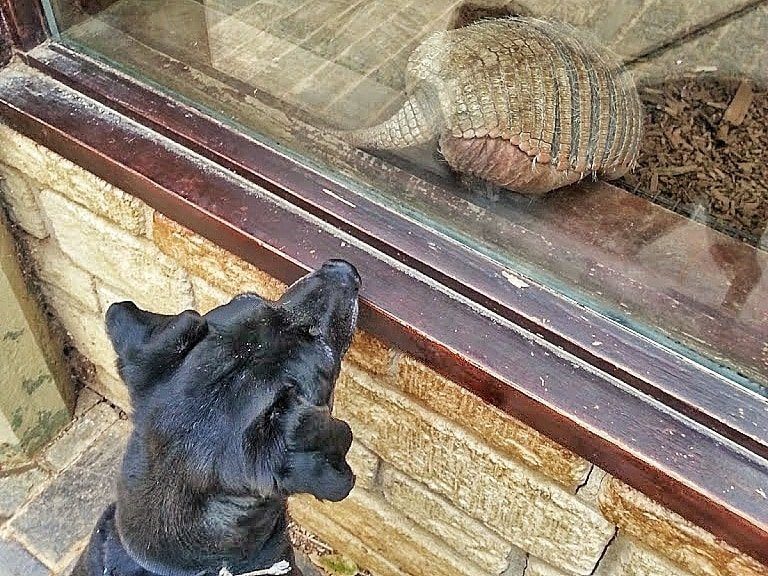
8. Know the details of a local vet
This was a lesson we learned from Soxa. She had a habit of being unwell at the most inconvenient times. We ended up coming back from a short break once because she’d had a stroke. In the event she was fine, but we were glad we were close to home. It made me realise that when we go further afield with the dogs, we need to make sure we have contact details for a vet we can go to in an emergency.
9. Embrace self catering
We’ve stayed in some brilliant self-catering accommodation with the dogs. Properties that are dog friendly are often owned by dog-lovers who will know exactly what you need. Take Blairmore Farm for example. The owners had some basic rules on where dogs could and couldn’t go within the property and where they had to be kept on the lead. In line with that, the surfaces in rooms that dogs could go in were dog friendly.

Sykes cottages are self-catering holidays and they offer numerous dog friendly properties. I like the layout of their website as you can tell them how many pets you want to bring when you’re searching for a property on their home page. This saves hunting around a website to check which properties or rooms are dog friendly.
10. Look outside the UK
We haven’t travelled abroad with our dogs yet, but we fully intend to do so over the next couple of years. I was pleased to see that dogs were welcome in Europa-Park when I went over there on a press trip. I’ve also noticed that Eurocamp have a selection of dog friendly holiday parks all over Europe. In Croatia, the beaches aren’t generally that dog friendly, but there is one notable exception. This dog friendly beach has everything you could possibly need for your pooch – it even serves doggy beer!
11. Don’t let your dog dehydrate
There’s every chance you’ll be going on holiday when the weather is relatively warm. You’re likely to do a bit more exercise too, as there’s nothing better than long countryside walks with your pooch. And the likelihood is, you’ll take plenty to drink, or stop and buy some en route. But don’t forget to bring some water for the dog. Many places do put out dog water, but dogs can be fussy and refuse to drink out of another dog’s bowl even when they’re parched. When Bubbles did an ultramarathon with me, I used a special doggy water bottle. The bottle sits in a holder which also acts as a dog bowl.
12. Make plenty of stops en route
Inevitably you’ll stop during a long journey for a comfort break and a drink. But don’t forget about the dogs. If you need to get out and stretch your legs, they could probably do with a break too. Worst case scenario is you forget to let them out and end up with a mess in the back of the car. The worst possible start to a holiday and pretty uncomfortable for your dog to travel in too.
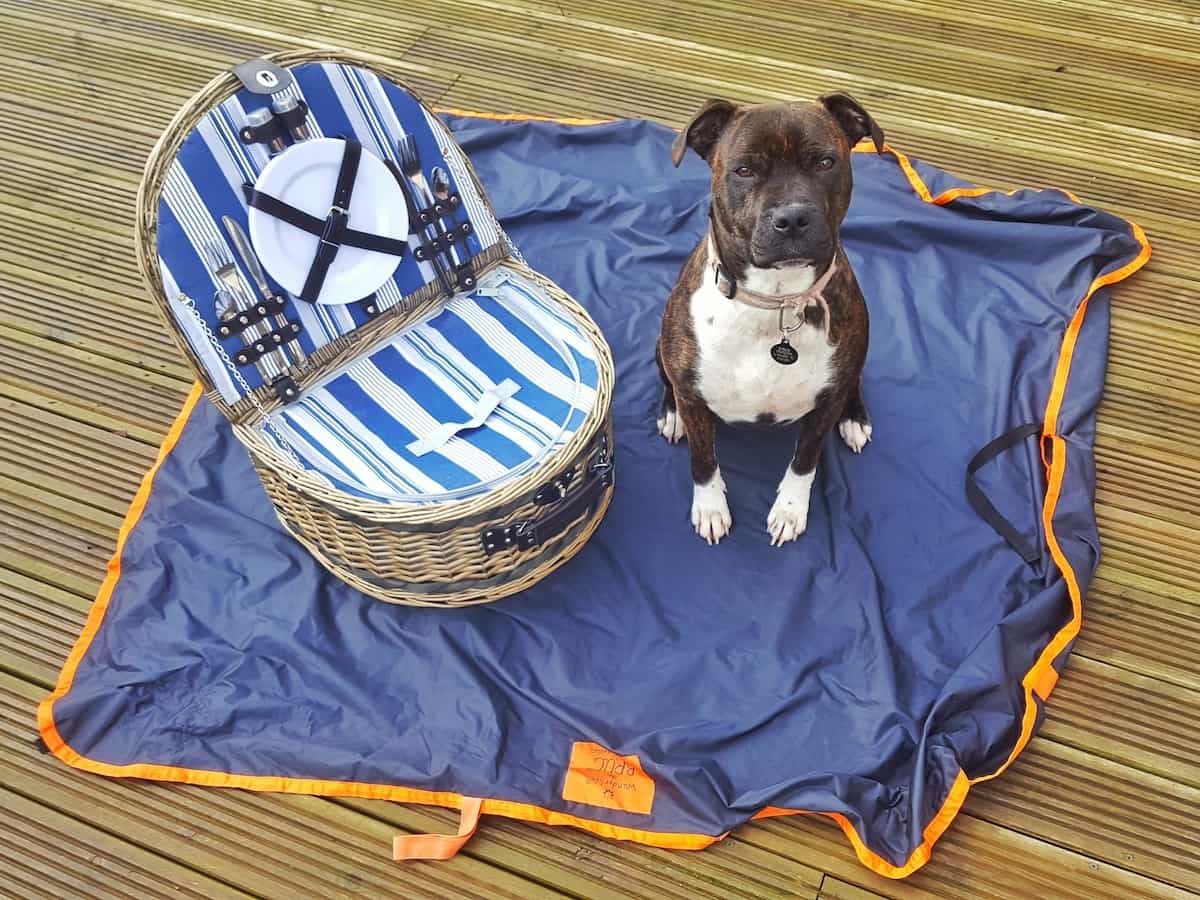
13. Consider your dog’s activity levels
If you’re doing a lot more exercise then usual, you may need to give your dog a bit more food. In a dog that isn’t overweight, it only takes a small rise in activity levels before they lose weight if their diet remains the same. If your dog gets extra treats or titbits on holiday you probably won’t need to up their usual food. But if they are eating the same, consider offering a little bit more.
14. Tag and microchip your dog
Microchipping is a legal requirement in the UK these days. However if you are taking your dog on holiday, it is even more important. There’s nothing worse than that feeling when your dog goes missing. Even if their recall is great, any dog could be drawn away by a tempting smell. If you don’t know the area, the chances are your dog won’t either. So make sure you have your mobile number on their collar tag and they are microchipped.
15. Be wary of letting your dog off the lead
However much you trust your dog, it could be a risk to livestock. It is also unlikely to have much road sense. So before you let your dog off the lead somewhere you don’t know, make sure it’s safe and appropriate to do so. Dog friendly beaches are a great place to let them burn off some steam, and open countryside can be perfect too. But both come with their risks so do check for signs of livestock and danger before letting them off the lead.
